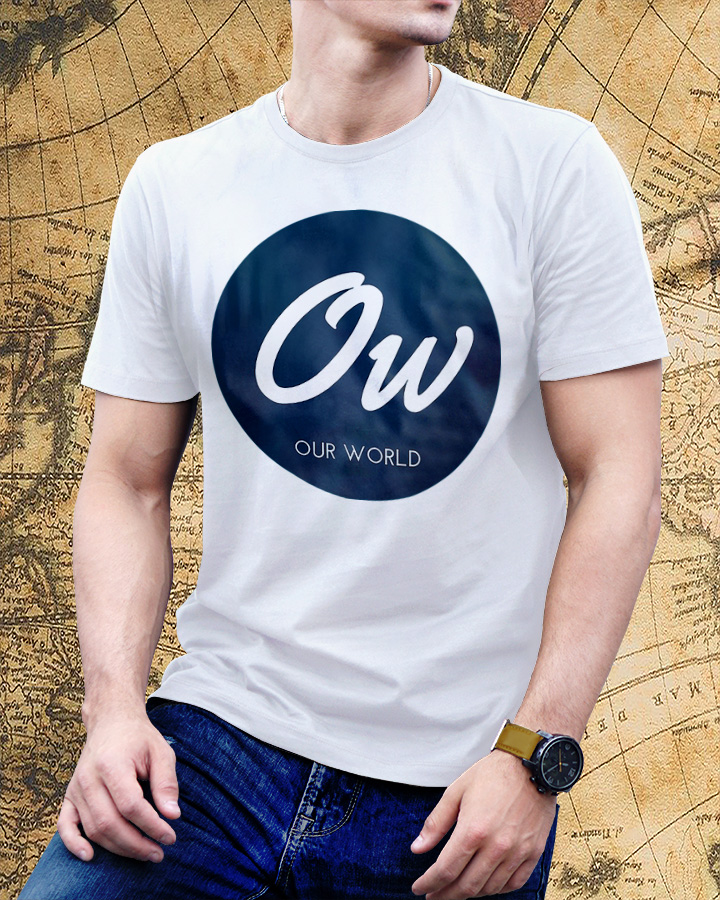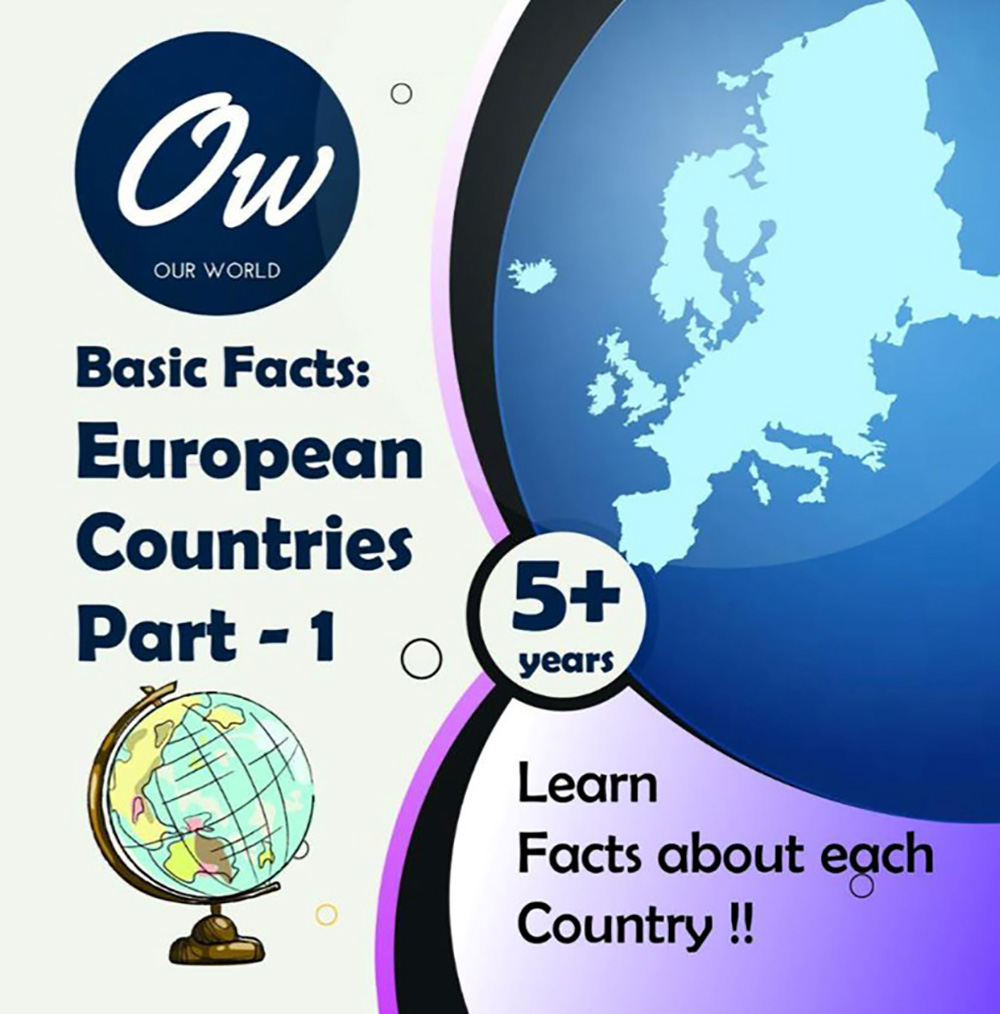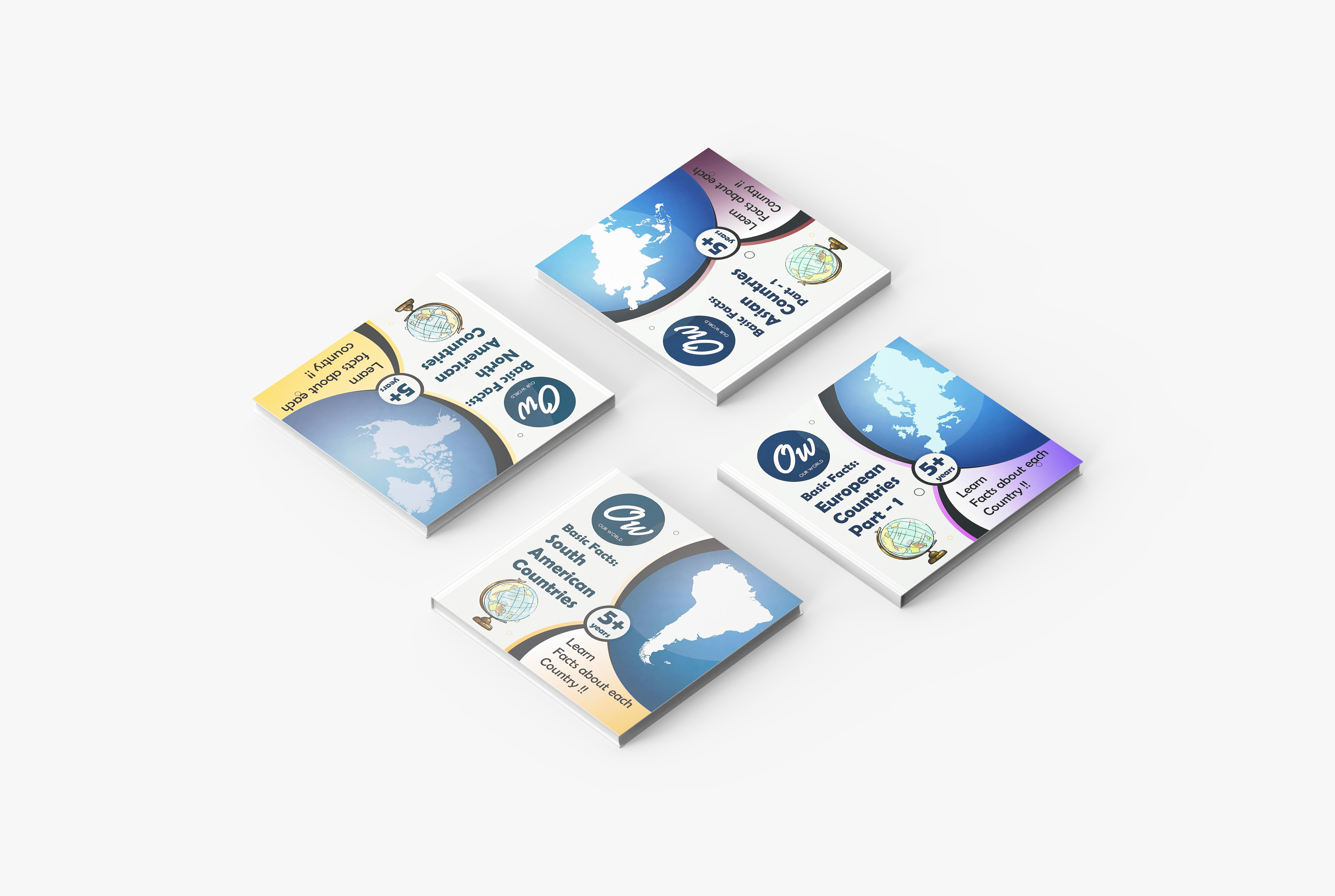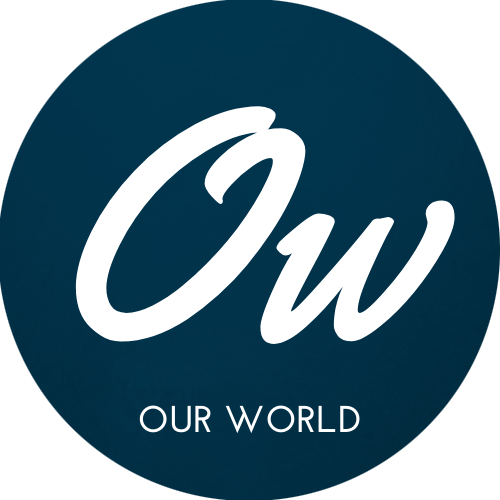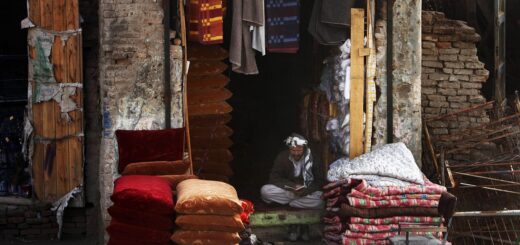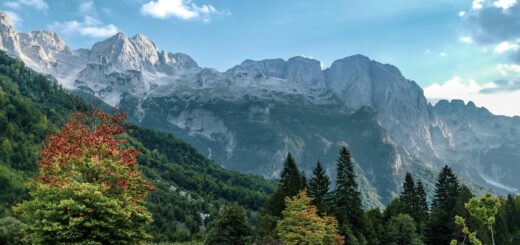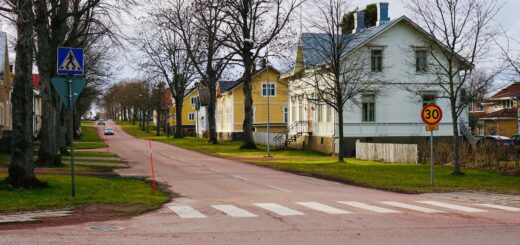90 Facts about Algeria
North Africa’s Largest Nation
Algeria, located in North Africa, is the largest country on the continent and the tenth largest country in the world by area. Its population, estimated at over 44 million, is predominantly Arab and Berber. The country is known for its rich history, including the ancient Berber kingdom and the Ottoman Empire, as well as its role in the fight for independence from France in the 1950s and 1960s. Today, Algeria is a rapidly developing country with a diverse economy, including industries such as petroleum, natural gas, and agriculture. The country also boasts stunning landscapes, including the Saharan Desert and the Tell Atlas mountain range.
Geographic
- Algeria is located in North Africa and shares borders with Tunisia, Libya, Mali, Niger, Western Sahara, Morocco, and the Mediterranean Sea.
- It is the largest country on the African continent with a total area of 2.38 million km².
- Algeria is home to a range of landscapes including the Saharan Desert, the Tell Atlas Mountains, and the Mediterranean coastline.
- The highest point in Algeria is Mount Tahat, which reaches an elevation of 2,918 meters.
- The country has a long Mediterranean coastline, stretching over 1000 km.
- The Tell Atlas mountain range runs through northern Algeria and includes the Djurdjura and Tassili n’Ajjer National Parks.
- The country is home to several major rivers including the Shelif, the Oued Righ, and the Cheliff.
- The Chott Melrhir, a large salt lake, is located in the Sahara Desert.
- The climate of Algeria varies depending on the region, with a Mediterranean climate along the coast and a desert climate in the interior.
- The country has several natural resources, including oil, natural gas, and minerals such as lead, zinc, and phosphate.
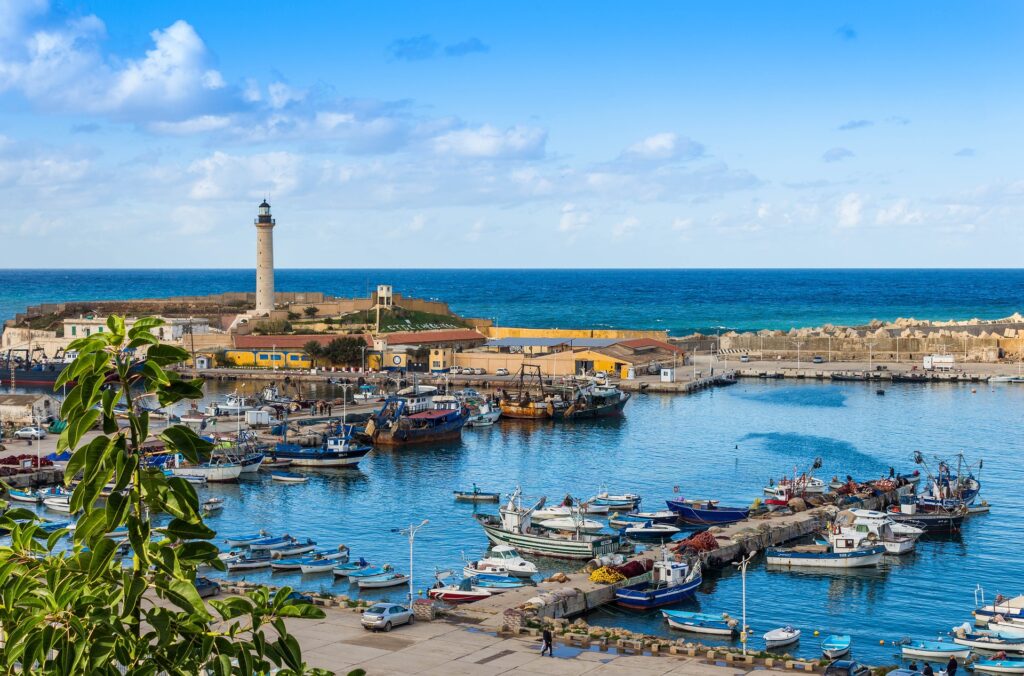
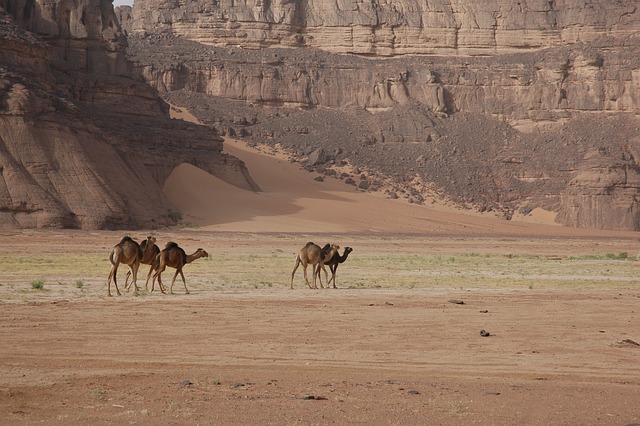
National Symbols
- National Flag: The flag of Algeria features two equal vertical bands of green and white with a red, five-pointed star within a red crescent centered over the two-color boundary.
- National Anthem: The national anthem of Algeria is “Kassaman” (We Pledge).
- National Emblem: The national emblem of Algeria features a star and a crescent, symbolizing Islam, and a torch representing freedom and revolution, all set within a circle of oak and laurel branches.
- National Flower: The national flower of Algeria is the rose.
- National Tree: The national tree of Algeria is the olive tree.
- National Bird: The national bird of Algeria is the Barbary Falcon.
- National Animal: The national animal of Algeria is the Barbary Macaque.
- National Sport: The national sport of Algeria is soccer (football).
- National Currency: The national currency of Algeria is the Algerian Dinar.
- National Day: The national day of Algeria is July 5th, which marks the country’s independence from France in 1962.
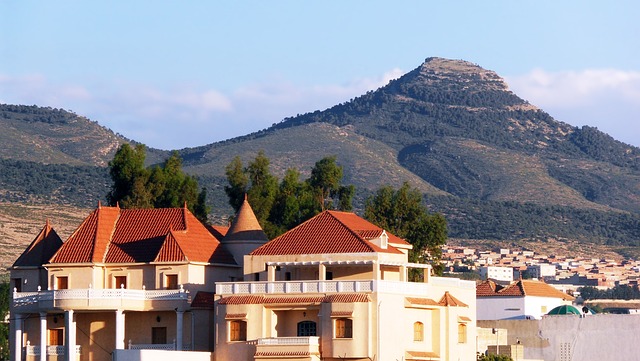
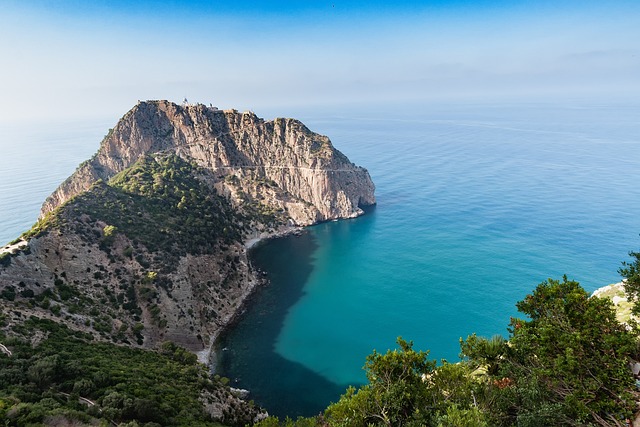
Political
- Algeria is a semi-presidential representative democratic republic, with a President serving as both head of state and head of government.
- The country has a bicameral legislature, consisting of the National People’s Assembly (Lower House) and the Council of the Nation (Upper House).
- The judiciary is independent and has several levels of courts, including the Supreme Court and the Constitutional Council.
- The President is elected for a five-year term through a direct vote, while the members of the National People’s Assembly are elected through a proportional representation system.
- The government is headed by the Prime Minister, who is appointed by the President.
- Political parties in Algeria include the National Liberation Front (FLN), the Rally for Culture and Democracy (RCD), and the Islamist parties including the Movement for a Peaceful Society (MSP).
- The country is a member of the African Union, the Arab League, and the United Nations.
- Algeria has been governed by the same party, the National Liberation Front (FLN), since independence from France in 1962.
- The country has undergone a series of reforms in recent years, including the introduction of a multi-party system and the protection of human rights.
- Algeria has a relatively stable political situation, with occasional social and labor unrest, but has not experienced any major political upheavals or civil wars in recent years.
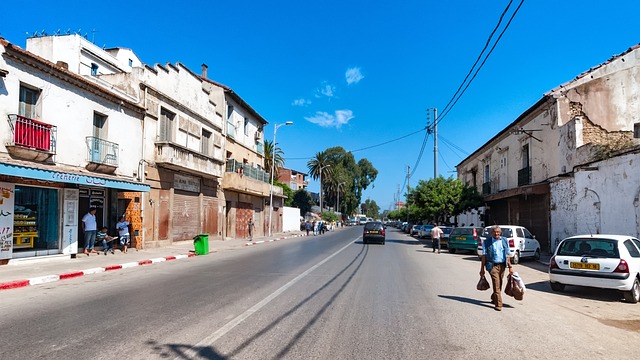
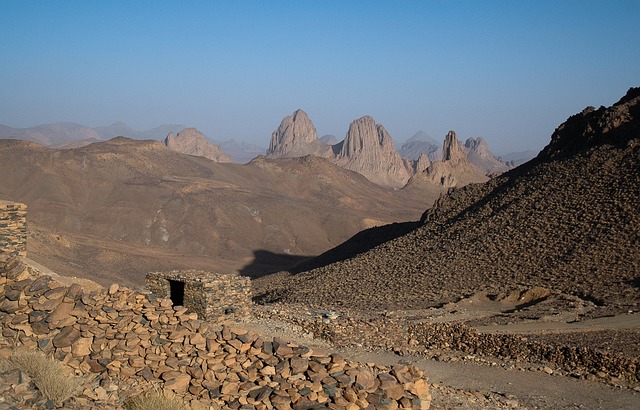
Cultural
- Algeria has a rich cultural heritage, with a mix of Berber, Arab, and French influences.
- The country has a long history of traditional music, dance, and poetry, including the Chaabi and Andalusian music styles.
- Algeria is known for its colorful traditional clothing, including the burnous (hooded cloak) and the karakou (a traditional jacket).
- Algerian cuisine features a variety of flavorful dishes, such as couscous, tajine, and harira soup.
- Islam is the dominant religion in Algeria, with a majority of the population being Sunni Muslims.
- Algeria is home to several historical sites and monuments, including the ancient city of Timgad and the Casbah of Algiers.
- The country has a strong literary tradition, with several well-known authors including Albert Camus and Mohammed Dib.
- Algeria has a vibrant art scene, with traditional and modern forms of expression, including painting, sculpture, and photography.
- The country is home to several festivals and cultural events throughout the year, including the National Festival of Popular Arts, the Festival of the Desert, and the National Festival of Algerian Dance.
- The national language of Algeria is Arabic, while French is widely spoken, and Berber is used in some rural areas.

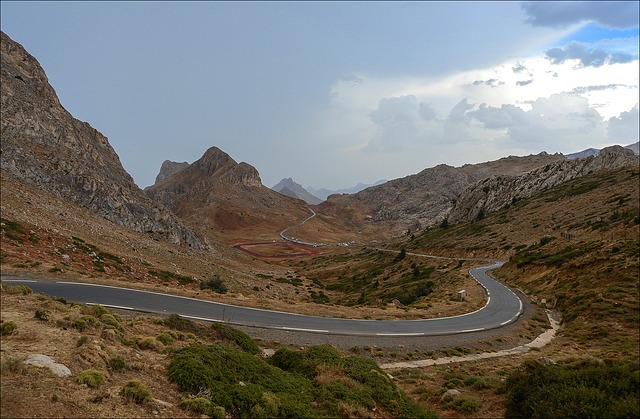
Economic
- Algeria has a mixed economy with a significant state presence in key sectors, such as energy, finance, and industry.
- The country is the largest oil producer in Africa and a major exporter of natural gas, accounting for a large share of its gross domestic product (GDP).
- Algeria has been implementing economic reforms to diversify its economy, reduce its dependence on hydrocarbons, and increase its competitiveness.
- The agriculture sector employs a significant portion of the population and is an important source of food and income, particularly in rural areas.
- The industrial sector is dominated by the production of chemicals, textiles, and machinery, among other products.
- The services sector has been growing in recent years and includes finance, tourism, and telecommunications, among others.
- Algeria has a large youth population, and addressing high unemployment rates, particularly among young people, is a major economic challenge for the country.
- The country has a large trade deficit, which is partly offset by its energy exports and remittances from abroad.
- Algeria has a relatively high level of public debt and a large budget deficit, which has led to austerity measures and efforts to reduce public spending.
- The Algerian dinar is the national currency, and the central bank, Bank of Algeria, manages the country’s monetary policy and foreign exchange reserves.

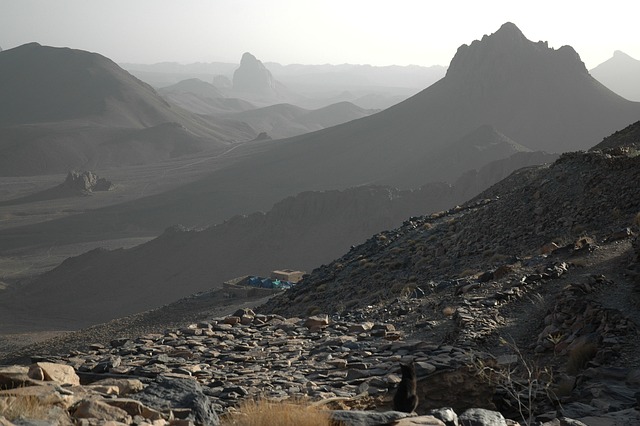
Art, Music, Poetry and Litrature
- The country is known for its traditional forms of music, including Chaabi and Andalusian music, which have roots in North Africa and the Arab world.
- Algerian poetry has a long tradition, dating back to the pre-Islamic era, and includes the works of famous poets such as Mufaddal ibn Salih al-Tanukhi.
- Algerian literature has been shaped by the country’s complex history and cultural diversity, with famous authors such as Albert Camus, Mohammed Dib, and Assia Djebar.
- Algerian art is diverse and includes traditional Berber designs, calligraphy, painting, sculpture, and photography, among other forms.
- The country has several museums, galleries, and cultural institutions that showcase the rich heritage of Algerian art and literature.
- The National Museum of Fine Arts in Algiers is one of the most important cultural institutions in Algeria, housing a large collection of traditional and contemporary works of art.
- Algeria has a vibrant film industry, with several well-known directors and actors, including the late Mohammed Lakhdar-Hamina, who won the Palme d’Or at the 1975 Cannes Film Festival.
- The country is also known for its traditional forms of dance, including the Ahidous, Aroubi, and Kabyle dances, which are performed at various cultural events and festivals.
- Algeria has a thriving literary scene, with several literary magazines and publishing houses, and participates in international literary events, such as the Frankfurt Book Fair.
Sports
- Football (Soccer) is the most popular sport in Algeria and is played and followed by a large portion of the population.
- Basketball, handball, and volleyball are also popular sports in Algeria, and the country has a strong tradition in these disciplines.
- The Algerian Basketball Federation oversees the sport in the country and manages the national team and domestic leagues.
- Athletics and track and field events, including marathon and long-distance running, are also popular in Algeria.
- Algeria has several world-class sports facilities, including the July 5, 1962 Stadium in Algiers and the Mustapha Tchaker Stadium in Blida.
- The country has a rich tradition of producing talented athletes and has had several Olympic medalists in various sports, including athletics and boxing.
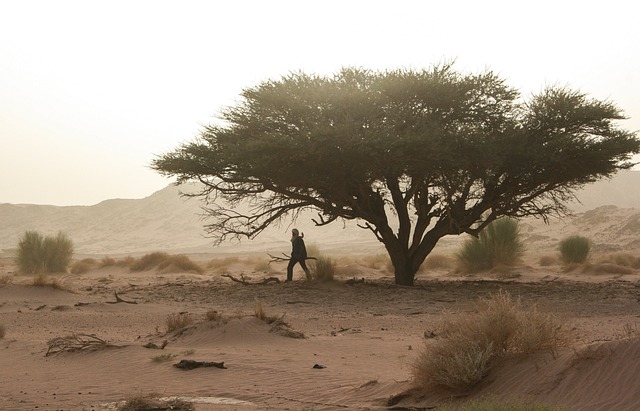
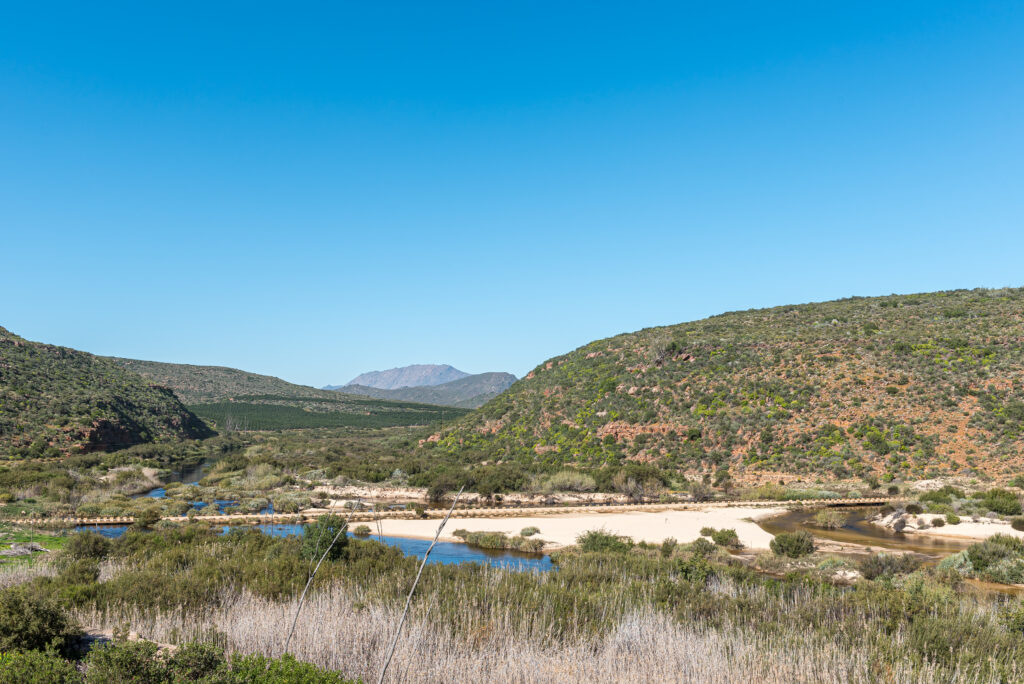
Festivals and Celebrations
- Eid al-Fitr and Eid al-Adha are two of the most important religious festivals in Algeria, marking the end of Ramadan and the annual pilgrimage to Mecca, respectively.
- The Mouloud Festival, which marks the birth of the Prophet Muhammad, is another significant celebration in Algeria, with cultural and religious events taking place throughout the country.
- The Kabyle Berber Festival is a traditional festival that takes place in the Kabyle region of Algeria and celebrates the cultural heritage of the Berber people.
- The International Festival of Culture and Arts of Oran is an annual event that showcases the best in Algerian and international culture and arts.
- The International Film Festival of Algiers is another important cultural event that showcases the best in Algerian and international cinema.
- The Algiers International Book Fair is a large literary event that attracts authors, publishers, and literary enthusiasts from around the world.
- The National Day of Algeria, celebrated on July 5, marks the country’s independence from France in 1962 and is a significant national celebration.
- The Martyr’s Day, celebrated on November 1, is a national holiday that honors the sacrifices made by the country’s independence fighters.
- The Algiers Summer Festival is an annual event that takes place in the capital city and features music, dance, theater, and other cultural performances.
Famouse Personalities
- Ahmed Ben Bella – first President of Algeria and a leader in the country’s independence movement.
- Rachid Boudjedra – a prominent Algerian author and playwright, known for his works that explore themes of identity and colonialism.
- Assia Djebar – a feminist author and filmmaker, known for her works that explore the experiences of women in North Africa.
- Yasmina Khadra – a bestselling author and former army officer, known for his works that explore themes of violence and political conflict.
- Albert Camus – a French-Algerian author and philosopher, known for his works that address themes of existentialism and the human condition.
- Lounes Matoub – a famous Berber singer and political activist, known for his music and activism in support of Berber culture and language rights.
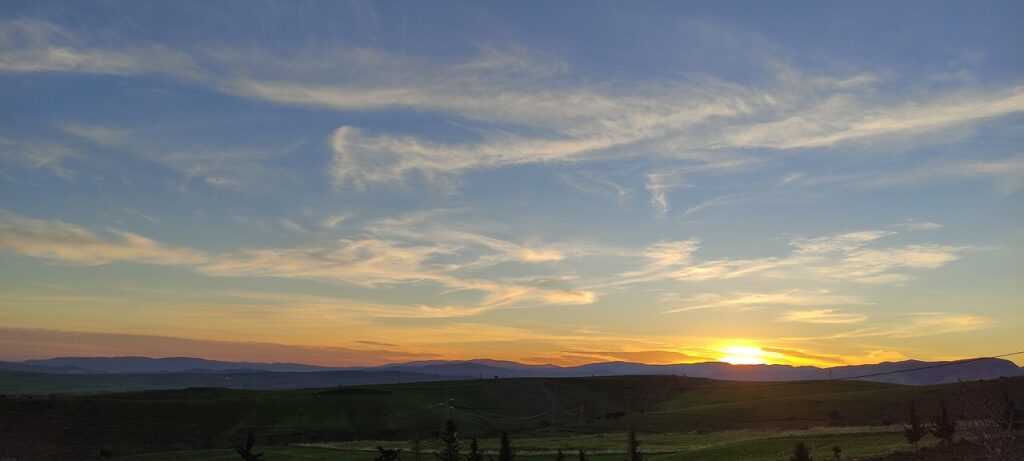
Tourist Attractions
- Algiers, the capital city – known for its historical landmarks, including the Kasbah of Algiers and the Bardo Museum.
- Tassili n’Ajjer National Park – a UNESCO World Heritage site famous for its sandstone formations, prehistoric rock art, and diverse flora and fauna.
- Timgad – an ancient Roman city with well-preserved ruins, including a triumphal arch, theater, and basilica.
- Tipasa – a coastal city and former Roman colony, known for its Roman ruins, including a theater, amphitheater, and thermal baths.
- M’Zab Valley – a UNESCO World Heritage site and oasis in the Sahara Desert, known for its historic ksour (fortified cities) and traditional Berber architecture.
- Constantine – a historic city with a well-preserved old town and several notable landmarks, including the Sidi Rached Bridge and the Great Mosque.
- Djemila – a Roman ruin site in the hills of Algeria, known for its well-preserved ruins, including a theater, triumphal arch, and forum.
- Ghardaia – a city in the M’Zab Valley, known for its traditional mud-brick architecture, historic ksour, and vibrant Berber culture.
- Tlemcen – a historic city in western Algeria, known for its beautiful buildings and historic landmarks, including the Grand Mosque and the Palace of Ahmed Bey.
- Oran – a coastal city and major port, known for its history, architecture, and cultural attractions, including the St. Louis Cathedral and the Royal Palace.
-
90 Facts about Algeria
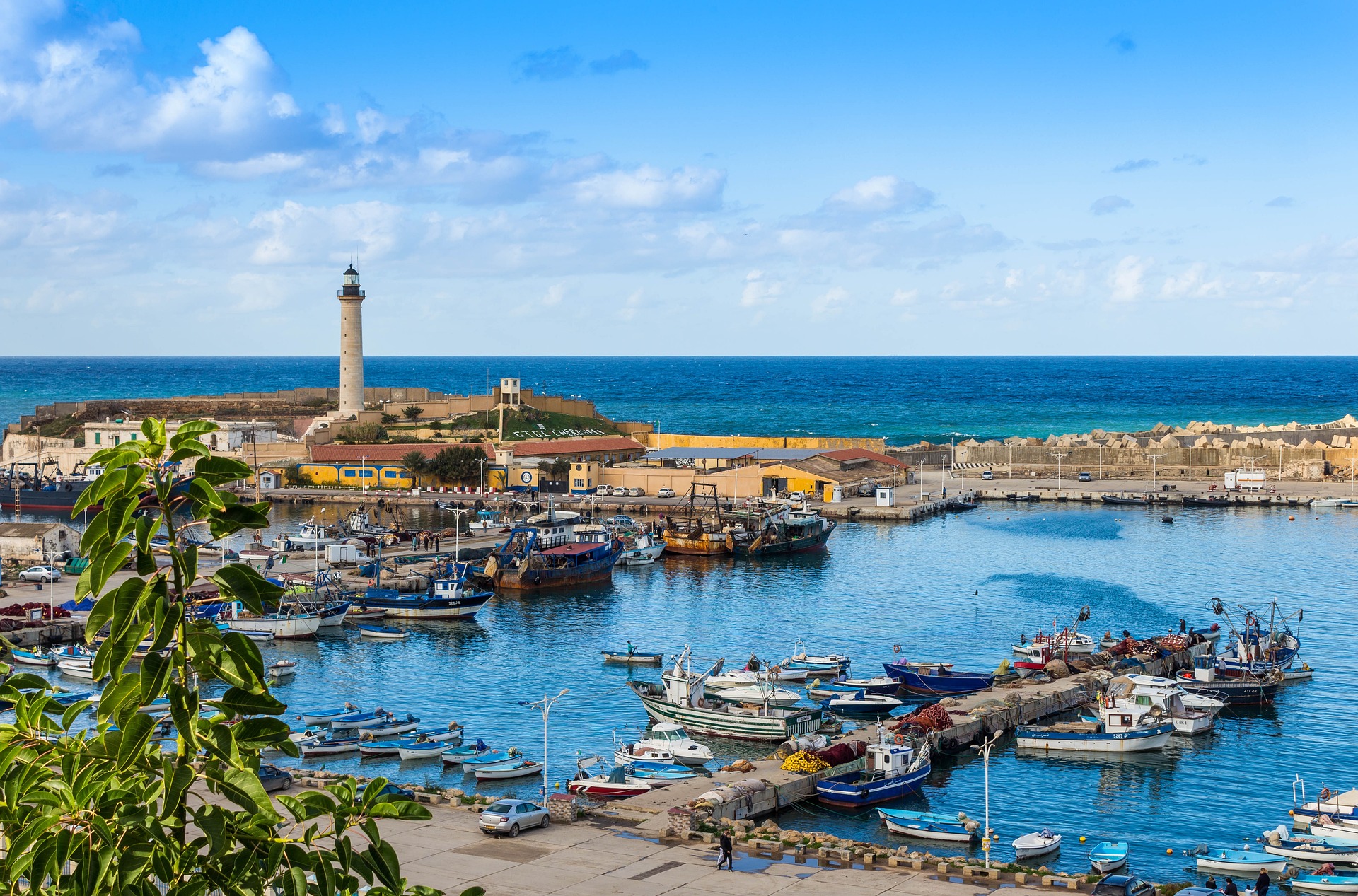
North Africa’s Largest Nation Algeria, located in North Africa, is the largest country on the continent and the tenth largest country in the world by area. Its population, estimated at over 44 million, is...
